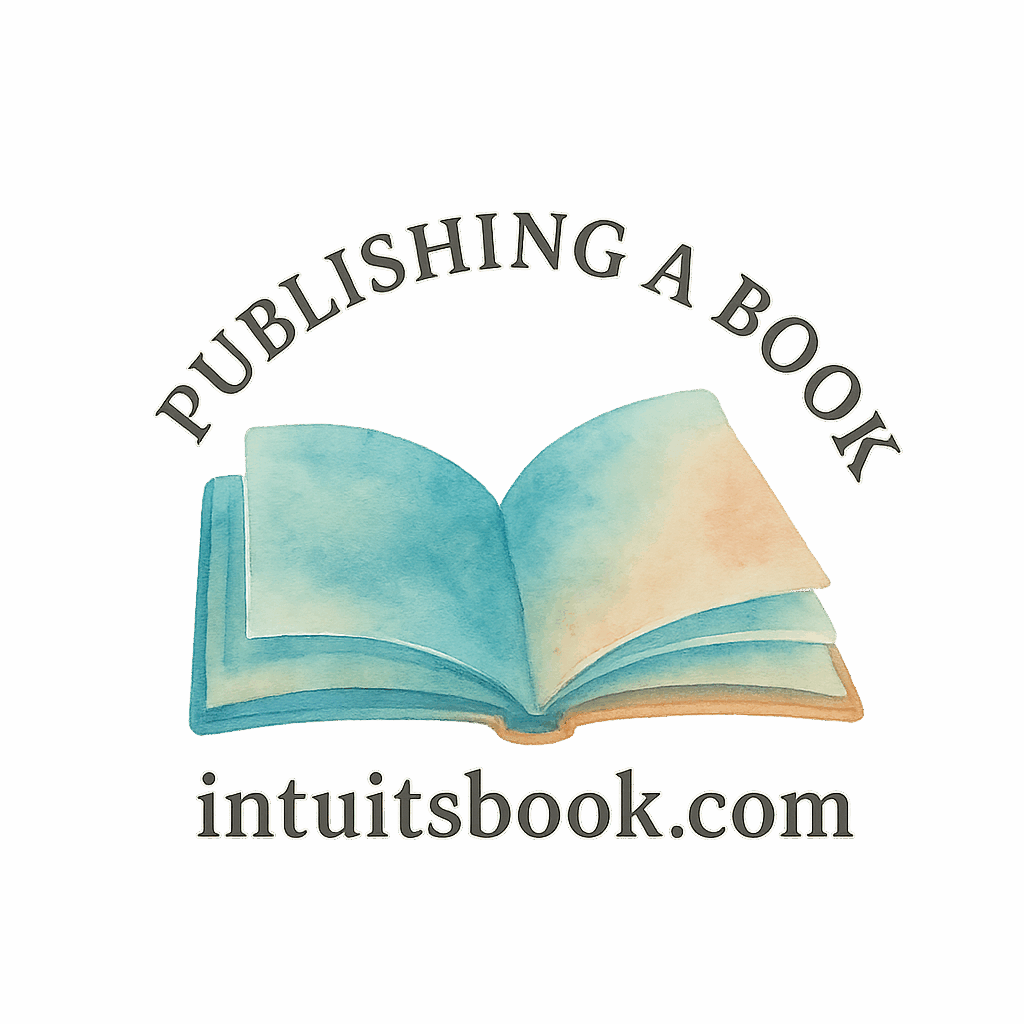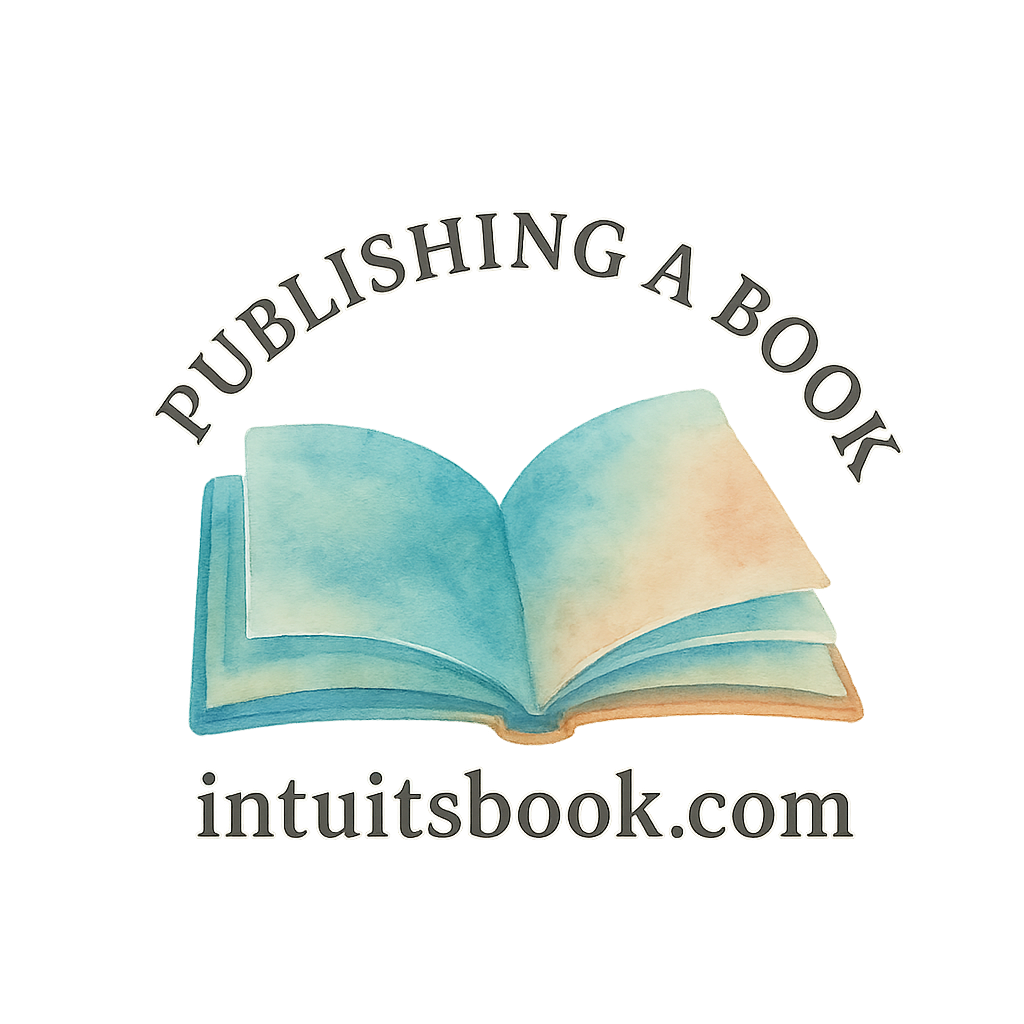Why Every Author Needs a Website
So, you’ve written a book—or maybe you’re still in the draft stage—but you’re wondering, “Do I really need a website?” The answer is a loud, proud YES!
Having an author website isn’t just a nice-to-have anymore—it’s a must-have. It’s your digital home base, a platform where readers, agents, and publishers can learn more about you and your work. Whether you’re going the self-publishing route or trying to crack into traditional publishing, an author website sets you apart as a professional.
Now let’s break it down step-by-step so you can build a website that truly shines.
Step 1: Define Your Website Goals
What Do You Want Your Website to Do?
Before you buy a domain or choose a theme, take a moment to ask: What is the main purpose of my author website?
Are you promoting one book or many? Are you building your author career long term or just supporting a short-term book launch? Do you want to collect emails, sell books, or share your writing process?
Examples of Author Website Goals
- Build an email list of engaged readers
- Sell your books directly or via Amazon
- Share blog posts about your journey or writing tips
- Attract publishers with a strong author brand
- Promote events, workshops, or speaking gigs
Having clear goals will guide every design and content decision.
Step 2: Choose the Right Domain Name and Hosting
Picking a Memorable Domain
Your domain name should be easy to remember, spell, and type. Ideally, it’s just YourName.com or YourPenName.com.
Can’t get the .com version? Try variations like:
- YourNameBooks.com
- AuthorYourName.com
Avoid numbers, dashes, or anything hard to pronounce.
Best Hosting Services for Authors
Choose a reliable hosting provider that offers:
- Fast loading speeds
- Great customer support
- Easy WordPress integration
Some top picks include:
- Bluehost (affordable for beginners)
- SiteGround (more advanced users)
- DreamHost (budget-friendly with solid performance)
Many authors pair their hosting with WordPress because it’s versatile and beginner-friendly.
Step 3: Design Your Website with Your Audience in Mind
Selecting a Website Platform
You’ve got options like Wix, Squarespace, and WordPress. But if you’re looking for customization, plugins, and SEO-friendly design, WordPress is your best bet.
Why WordPress Is a Smart Choice
- Thousands of free and premium themes
- Tons of author-specific plugins
- Easier integration with email marketing
- Flexible enough to grow with you
Need help getting started? The Learn to Publish section on Intuit’s Book has fantastic resources.

Essential Pages Every Author Website Should Have
Let’s walk through the must-have pages you’ll want to include.
Homepage
This is your storefront. Make it inviting! Feature your book cover, a short blurb, and a call-to-action (like “Buy Now” or “Join My Newsletter”).
About the Author
Tell your story. Be personable. Link to your writing process and show readers why you write what you do.
Book Page(s)
Each book should have its own page with:
- A summary
- Reviews
- Purchase links
- Downloadable extras (like a book club guide)
Blog or News Section
This is great for updates, behind-the-scenes peeks, and sharing tips with new authors. Plus, it boosts your SEO!
Contact Page
Make it easy for fans, media, or agents to reach out. Include social links and maybe a form.
Step 4: Optimize Your Website for Book Promotion
Use SEO to Attract Readers
SEO isn’t scary. It just means structuring your content so search engines understand it. Use your focus keyword—“author website for your book”—naturally in:
- Page titles
- Headers (like this one)
- Image descriptions
- Meta tags
Explore publishing hacks to make the most of each post.
Integrate Email Sign-Ups and Lead Magnets
Want to build a fanbase? Offer something in exchange for an email. Maybe a free chapter or a short story.
Tools like MailerLite, ConvertKit, or Mailchimp work great. Make sure your opt-in form is front and center.
Connect Social Media and Marketing Tools
Link your profiles, embed posts, or share links to your book promotion efforts. You can even add tracking tools like Google Analytics to see what’s working.
Use tags like free marketing and sell books on your blog posts for extra visibility.
Step 5: Keep Your Site Updated and Engaging
Maintain a Content Schedule
You don’t need to blog every day. Once or twice a month is enough to stay relevant. Write about:
- Book launch updates
- Your manuscript steps
- Writing habits
- Reader Q&As
Use tools like a content calendar to plan ahead.
Monitor Your Site’s Performance
Use Google Search Console and Analytics to:
- See what pages are most popular
- Track where visitors are coming from
- Optimize slow-loading pages
These tools help fine-tune your site so it continues to serve your goals.
Common Mistakes Authors Make with Their Websites
- No clear call-to-action
- Cluttered or confusing layout
- Outdated info (nothing says “I quit” like a blog last updated in 2021)
- Not linking to their publishers or book pages
- Ignoring SEO and mobile-friendliness
Avoid these traps to keep your site fresh and functional.
Bonus Tips to Stand Out Online
- Add testimonials or blurbs
- Create a press kit for media
- Offer resources for fellow independent authors
- Share your book idea journey
- Take a publishing course to stay ahead of the curve
Remember, your website is more than just a tool—it’s your author identity online.
Conclusion
Building your author website for your book doesn’t have to be overwhelming. With a clear plan and a few smart tools, you can create a website that not only looks great but also boosts your visibility, sells your books, and connects with readers.
So, don’t wait until your book hits the shelves. Start building your digital home today—and make it a place readers want to return to again and again.
FAQs
1. Do I need an author website if I’m self-publishing?
Absolutely! A website helps you control your narrative, promote your book, and connect directly with readers.
2. Can I build an author website for free?
Yes, you can start with free platforms like WordPress.com or Wix, but paid hosting gives you more control and professionalism.
3. What’s the best platform for author websites?
WordPress is highly recommended for its flexibility, SEO features, and author-friendly themes.
4. How often should I update my website?
At least once a month. Frequent updates keep readers engaged and help your site rank on Google.
5. What should be on the homepage of my author website?
Feature your latest book, a call-to-action (like newsletter sign-up), and links to other key pages.
6. Should I include a blog on my author website?
Yes! Blogging helps you build community, share insights, and boost SEO. Even short posts make a difference.
7. How can I promote my book through my website?
Use lead magnets, SEO, social proof (reviews/testimonials), and email marketing to maximize exposure.


